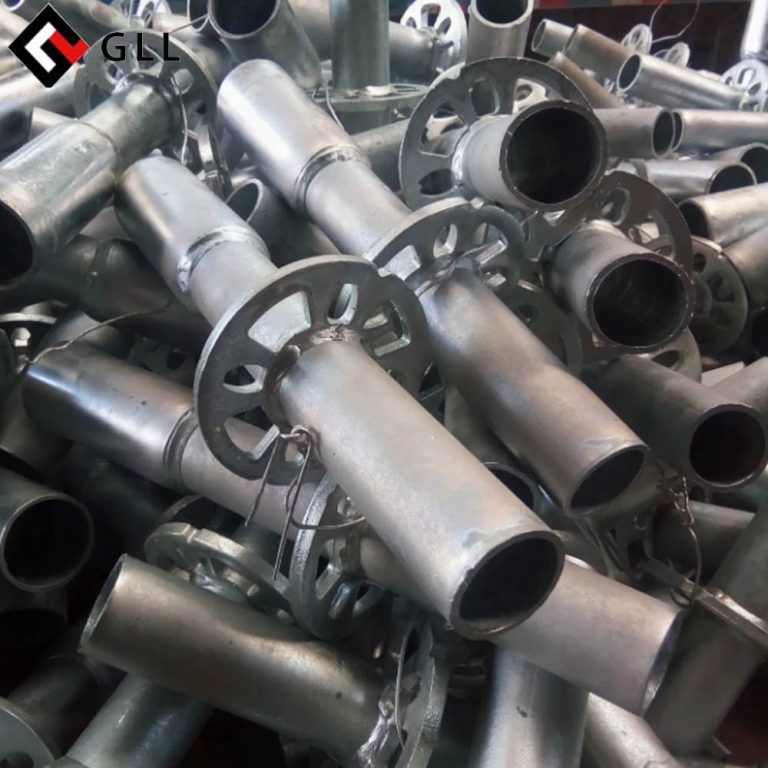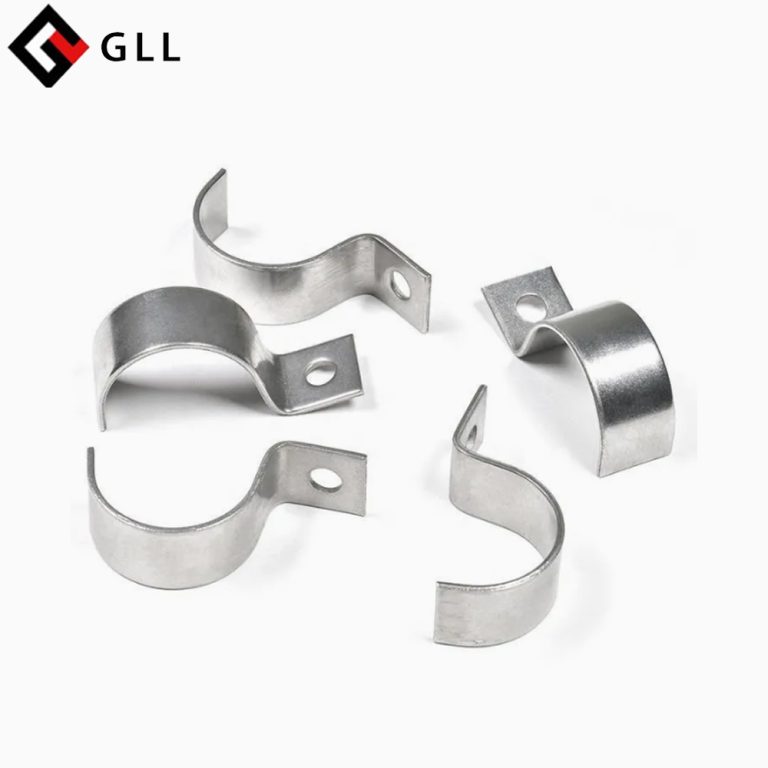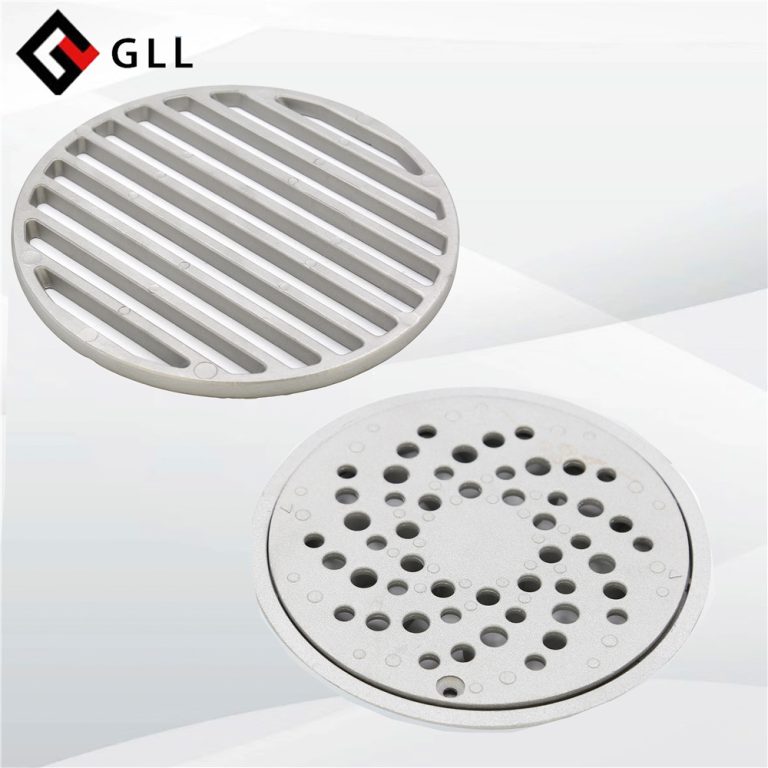As one of the most widely used materials in the manufacturing industry, aluminum has become an essential component in many products we use every day. From automobiles to airplanes, aluminum casting has played an important role in shaping the modern world. However, producing high-quality aluminum castings is not an easy task. It requires a complex process that involves many steps, including melting, pouring, and solidifying the metal. To ensure the final product meets the desired specifications, quality control is crucial.
Quality control is a process that ensures that the final product meets the required standards and specifications. In aluminum casting, quality control is essential to ensure that the metal has the desired mechanical properties, such as strength, hardness, and ductility. It also ensures that the casting has the right dimensions, surface finish, and other important characteristics. Without proper quality control, the final product may have defects, such as porosity, shrinkage, or cracks, which can compromise its performance and safety.
There are several methods used in quality control for aluminum casting. One of the most common methods is non-destructive testing, which includes visual inspection, x-ray, ultrasonic, and magnetic particle testing. These methods can detect defects that are not visible to the naked eye, such as internal cracks, voids, and inclusions. They can also measure the thickness of the casting and detect any surface defects, such as roughness or porosity.
Another method used in quality control is destructive testing, which involves cutting or breaking the casting to examine its internal structure and mechanical properties. This method is used to verify the results of non-destructive testing and to ensure that the casting meets the required specifications.
Quality control in aluminum casting is not only important for ensuring the final product meets the desired specifications but also for reducing waste and improving efficiency. By detecting defects early in the process, manufacturers can reduce the amount of scrap and rework, which can save time and money. It also helps to identify areas for improvement in the production process, which can lead to better quality and higher productivity.
In my opinion, quality control plays a vital role in aluminum casting. It ensures that the final product meets the required specifications, has the desired mechanical properties, and is free from defects. It also helps to reduce waste and improve efficiency. By investing in quality control, manufacturers can ensure that their products are of the highest quality and meet the needs of their customers.




